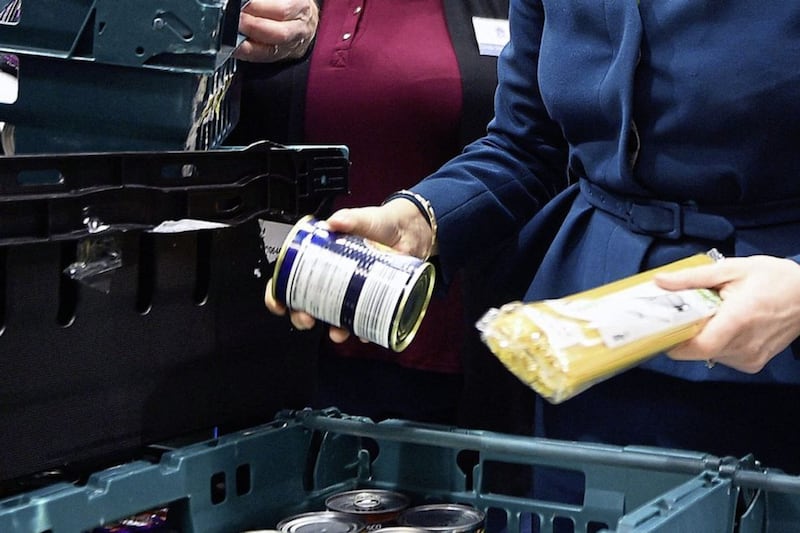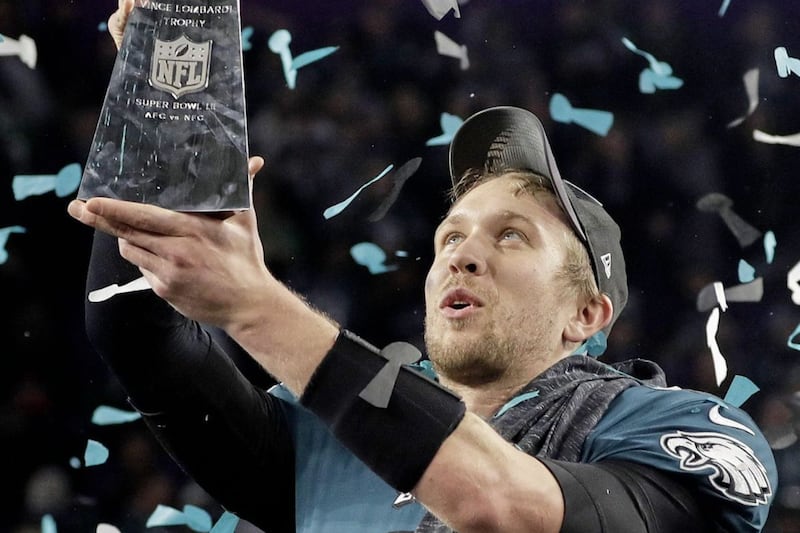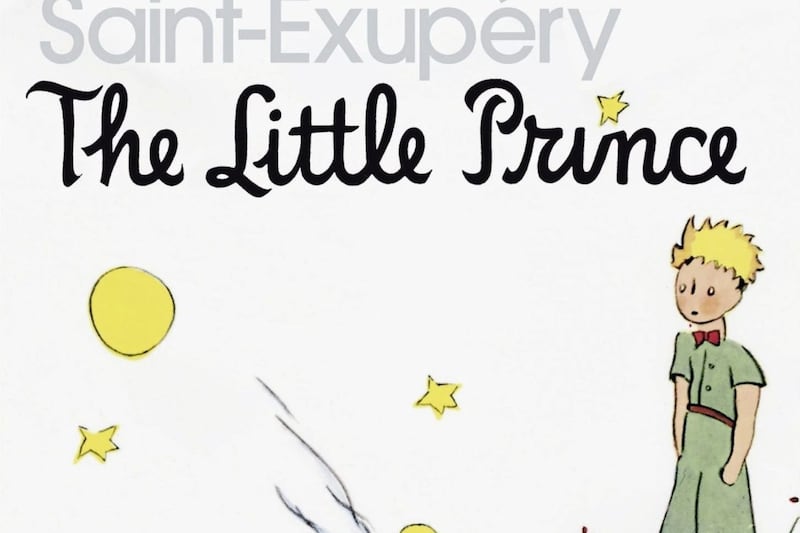SUCCESSFUL organisations have bench strength.
In the 1999 Champions League final, Man United were 0-1 down after six minutes. They brought on Solskjær and Sheringham as subs. They won 2-1. Both subs scored.
In the 2017 NFL season the Philadelphia Eagles, a team that had never previously won a Superbowl, lost their blue-chip quarterback Carson Wentz to injury in week 14. They went on to win their first Superbowl, led the rest of the way by their back-up QB Nick Foles.
In the 2008 All Ireland football final Tyrone beat Kerry to become the team of the decade. Colm Cavanagh was sprung from the bench to help close the game out (scoring an insurance point in the process).
The bottom line is that while you can succeed with a good first team, it’s difficult to sustain that success, or mange setbacks without building great depth.
And it’s not a mystical process, known only to the HR gods. It’s pretty straightforward.
First, you need to understand the skills and experience that you require for success. And that’s success in the future, not right now. You can’t build for the present day, as you will be overtaken too quickly. You need to identify what the future requirements of your business look like and what you will need to deliver that.
Once you have established this, you can audit what you already have in place. Gap analysis will help you to see how big the difference is between what you need and what you have.
The first step then is to raise the base level of talent right across the organisation. Ensure that all staff are brought to the minimum level required for future success and that talent plans, learning paths and development initiatives are all in place to ensure they achieve. This means that you will no-longer have significant weak links and each player on your team can effectively contribute to the organisation’s future success.
Next you identify the key roles that form the spine of your organisation. Your goalkeeper, full back, centre half back, midfield, centre half forward and full forward axis if you like. The ones you rely on to drive the organisation forward and keep it competitive, innovative, relevant and successful. Your lynchpin roles.
Once you have identified these, it’s time to examine the skills, competencies, experience etc that are required for these to be effective. That done, you examine who you have occupying them currently and establish if there are elements of their game that need to be improved.
To have solid bench strength however you then need to make sure that there is a succession plan in place, so that if one of those lynchpins vacates their position you have people in your organisation who can become ‘next person up’.
That’s not to say someone would simply be handed the role on a plate; they would still be expected to apply and interview. The key however is to ensure that the people on your bench have development pathways and the right mentoring, training, coaching etc put in place, which would allow them to reach a point where they would be ready if and when needed and able do the job successfully if they were to be offered it.
And some people may be disappointed to find that they are not immediately identified in the succession plan.
That’s okay. It’s to be expected. There is however an obligation on the organisation to ensure proper career development planning is done with these folks also and a pathway put in place for them (should they wish) to gain the skills, experience etc needed to get themselves onto that bench. Essentially everyone should have the opportunity to develop; some will take it, and some won’t.
And remember, Tyrone won an all-Ireland without Peter Canavan. Real Madrid won the league without Ronaldo and Man United won a Champions League final without Roy Keane and Paul Scholes. Other people stepped up in their absence. They had bench strength.
:: Barry Shannon (bshannon@cayan.com) is human resources director at TSYS Cayan in Belfast.








